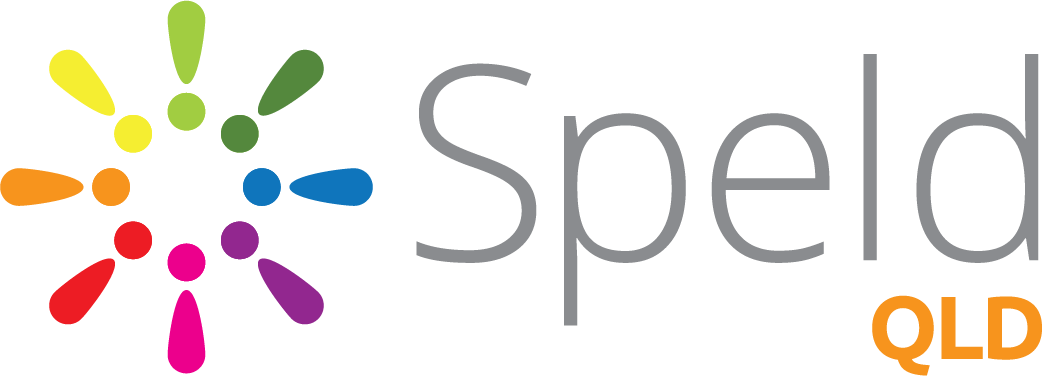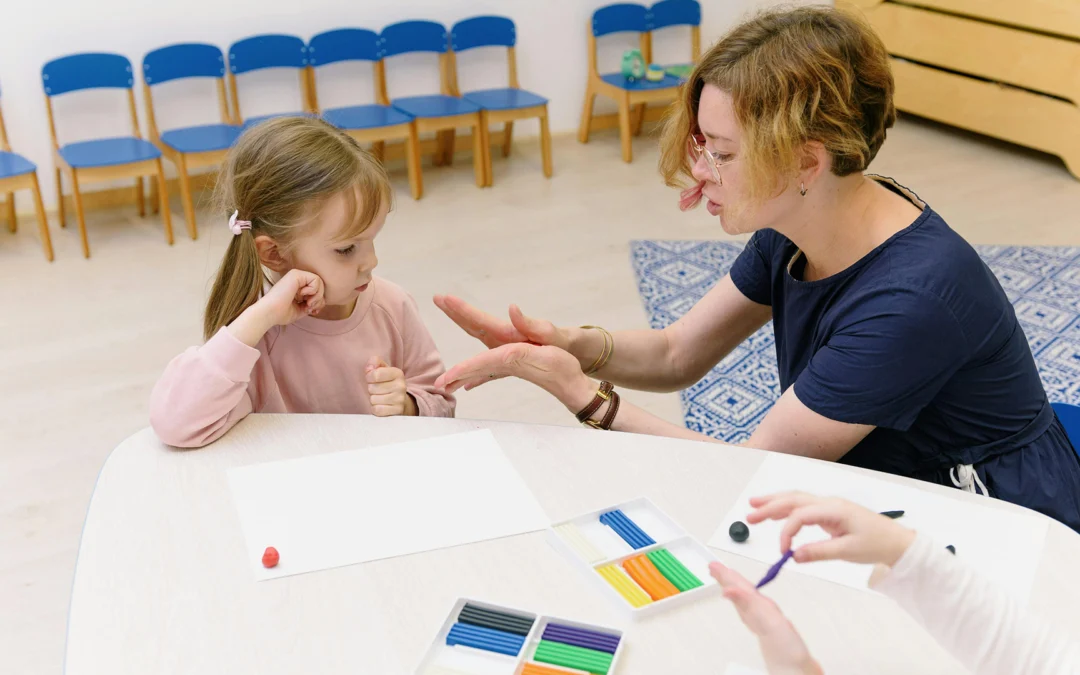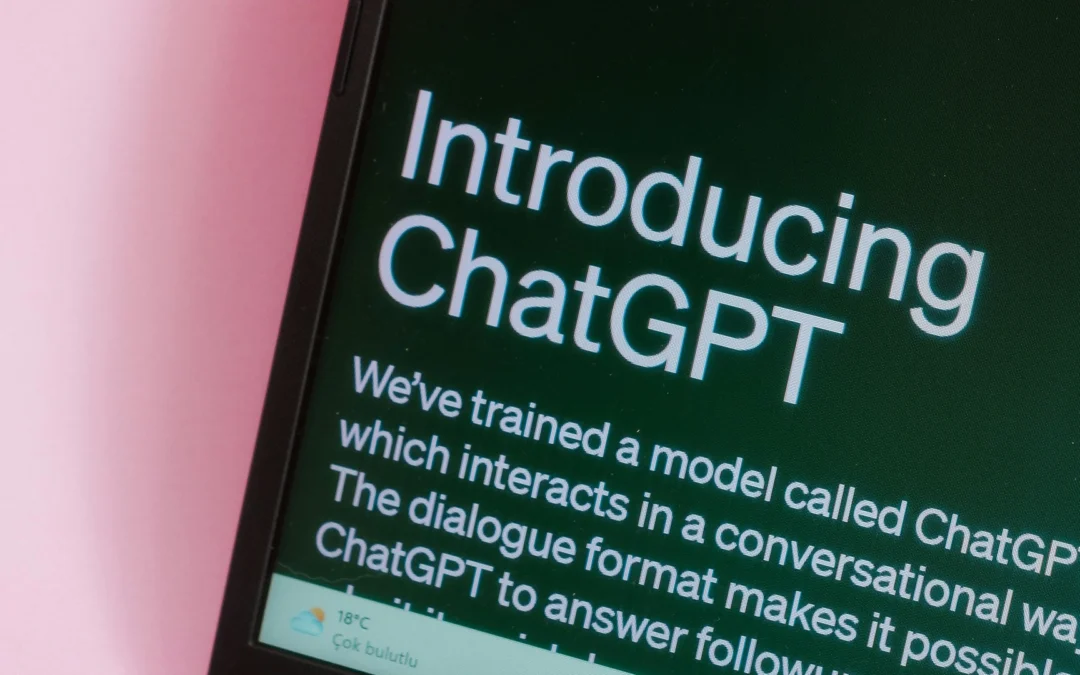Speld Qld conducts psychoeducational assessments by registered Psychologists. We assess for learning strengths and weaknesses and can provide a diagnosis of Specific Learning Disorder (in reading, written expression, or mathematics), if appropriate. This includes patterns of difficulties you may see commonly referred to as dyslexia, dyscalculia, or dysgraphia (written expression skills not motor skills).
As part of our assessments, we ask for information about someone’s development, type of learning instruction, opportunity for and engagement in learning, other factors that may impact learning, and information about targeted extra intervention or help. All this information helps us to provide useful recommendations on how to support your child.
Why do we ask about intervention or extra help?
To diagnose Specific Learning Disorder, Speld Qld uses the DSM-5-TR criteria, which requires that the difficulties learning and using the academic skill/s have “persisted for at least 6 months, despite the provision of interventions that target those difficulties”. This is because we will need to determine that if substantial difficulties are present, they are persistent and not better accounted for by other factors. If you are looking to investigate whether your child may have a Specific Learning Disorder, we recommend ensuring that you have engaged in extra targeted intervention or help in the skill area/s of concern.
What does extra help or intervention mean?
By intervention or extra help, we mean extra teaching that is more than the typical or standard teaching of a skill in a classroom. This extra teaching needs to be targeted to the skill that is a weakness or concern (e.g., spelling help for spelling difficulties).
A commonly used timeframe for this extra help or intervention is 6-12 months.
There is no one set intervention or program. Extra intervention and help for skill areas that do not have explicit programs may involve explicit and repeated teaching of the target skills using quality resources and approaches.
Below is a list of examples of things psychologists may be looking for.
Some resources may be available in the Speld Qld library: speld.org.au/library
Library resources can be borrowed and posted to members.
Examples of phonics resources, which can support reading and spelling skills:
- Phonics Activity Pack, Tune into the Sounds of English Pack (DSF)
- Decodable readers and associated student workbooks
- Speld Qld Library has a collection of decodable readers for different levels and ages
- SPELD Phonic Books and instructional booklets
- PROGRESSION OF DANDELION BOOKS – September 2024
- PROGRESSION OF OLDER READERS – September 2024
- Little Learners Love Literacy
- Jolly Phonics
- No Nonsense Phonics – Parent and tutor packs
- Beat Dyslexia – Series from 1 – 6
Examples of Reading and Spelling resources (with phonics):
- PLD – Home schooling year – 1-6
- Wordshark
- Nessy Learning Program
- Toe by Toe: A Highly Structured Reading Manual for Teachers & Parents
Examples of Spelling resources:
- Spelfabet materials (Alison Clarke)
- Stareway to Stepping by Toe by Toe: A Highly Structured Reading Manual for Teachers & Parents
Examples of Reading resources:
- TRUGS (Teach Reading Using Games)
Examples of Reading Comprehension resources:
- Stride Ahead by Toe by Toe: A Highly Structured Reading Manual for Teachers & Parents
Examples of Written Expression resources:
- Talk for Writing
- Writing Matters: Developing Sentence Skills in Students of All Ages by William Van Cleave
- Jumpstart! by Pie Corbett (Grammar and Storymaking)
Examples of Mathematics resources:
- Numicon
- Paul Swan resources (series of books, board games and card games)
- Think! Mathematics or Maths – No Problem!
- Math-U-See
- Nessy Learning Number Sense
- NumberShark
- Dynamo Maths
Is your child experiencing learning difficulties?
Support your child’s future with Speld Qld.
Psychologists available now!








